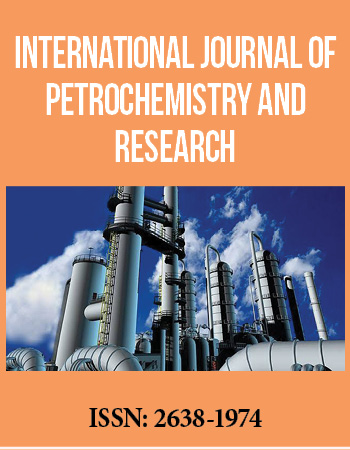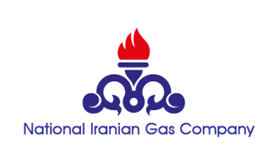International Conference on Oil, Gas and Petrochemistry
April 3-5, 2017 Dubai, UAE
Man-made challenges facing the marginal fields industry in Nigeria
University of Ibadan, Nigeria
Nigerian Marginal Fields, if adequately utilised can boost Nigeriaʼs oil and gas reserves, increase local companiesʼ participation in upstream and downstream oil-sector, as well as create employment opportunities. However, Nigerian Marginal Oil Fields are grossly under-explored and thereby, significantly under-utilised. This study therefore, tried to trace the history of the Federal Governmentʼs intervention in Nigerian Marginal Oil Fields, and also investigated the challenges responsible for the under-exploration and under-utilisation of Nigerian Marginal Oil Fields using descriptive-analytical approach. Cost of repairing or replacing vandalised pipeline/blown-up facilities, ransom paid to kidnappers and revenue lost as a result of annual shut-down were the main variables considered. This study informed that the Federal Government of Nigeria awarded 30 Nigerian Marginal Fields to indigenous oil and gas companies in 2003. In spite of this commendable initiative, only 12 out of the 30 marginal fields have started production and contributed just about three percent to the total crude oil production in 2015, while the PSC, Independent and Sole risks, AF-JV, JV contributed 42, 7, 16 and 32% respectively, to the total crude oil production in 2015. The major man-made challenge attributed to under-exploration and under-utilisation of Nigerian Marginal Oil Fields was due to emergence and activities of various insurgent groups, most popularly, the Niger Delta Militant Groups (NDMGs). Sensitivity analysis of the oil production data from offshore field showed that out of the three variables captured under militant insurgency, annual shutdown had the most impact of -34, -32 and 24% on NPV, IRR and PP respectively, while, replacement cost had an impact of -6, -7 and 9% on NPV, IRR and PP respectively. Estimated ransom paid had an impact of -2, -2 and 1% on NPV, IRR and PP respectively. For the onshore field, annual shutdown had an impact of -43, -42 and 37% respectively; replacement cost had an impact of -5, -6 and 10% on NPV, IRR and PP respectively, while estimated ransom paid had an impact of -3, -3 and 4% on NPV, IRR and PP respectively. In conclusion, frequency of insurgent attacks has resulted in collateral damage on the infrastructure, stability, development and success of the Marginal Fields. These require urgent and critical demand on the government and oil companies to adopt new management strategies that will address and contain the insurgency in Nigeria.
Keywords: Commercial fields, descriptive-analytical approach, insurgencies, marginal fields, Niger-Delta militant groups
Biography:
Kehinde Ogunsola-Saliu received her BSc. degree in Economics from Bowen University Iwo, Iwo, Osun State, Nigeria, in 2006, and her Masters in International Business from University of Wollongong in Dubai in 2007. She is currently undergoing PhD. in Energy Studies, with specialty in Oil and Gas Economics at the Centre for Petroleum Energy Economics and Law (CPEEL), University of Ibadan, Ibadan, Nigeria. Her present research interest focus is on Real Option Analysis and Oil and Gas Economics, and her current project involves Investment Analysis of Marginal Fieldsʼ
Development in Nigeria using Real Options Approach. Kehinde served as a Lecturer at Ecole Professional Specialised Universitee, Cotonou between November 2015 and September 2016, and also acted as the Head of Department, School of Management Sciences for the same period. She also earlier worked as a Market Research Analyst/ Business Analyst at Matheko International Limited, Nigeria from April 2009 - December 2013.



